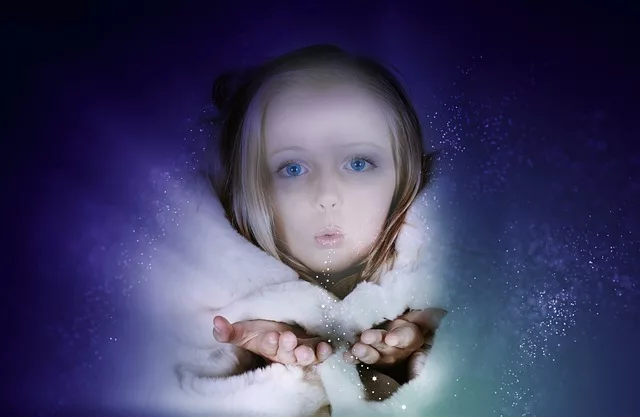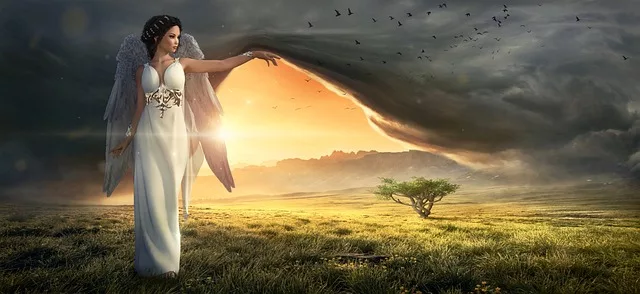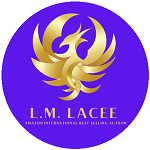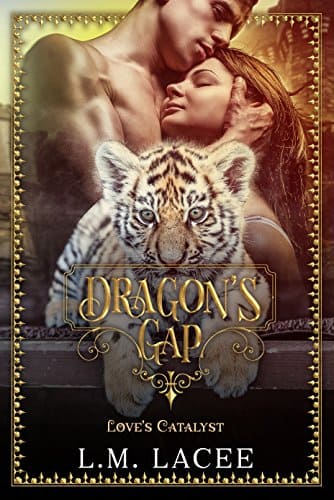
Why Use Magic In Fantasy Novels?
Magic: The use of magic in fantasy novels may be exciting and enthralling since it offers countless options and inspires awe.
One crucial aspect that sets fantasy literature apart from other genres is the heavy use of magic. Other genres of fiction lack the feeling of awe that magic inspires. It enables authors to construct incredible people and settings that are unimaginable in our real-world reality. The fantasy genre’s distinctive quality and reader appeal is surely magic.
The endless potential of magic in fantasy literature is one of its most thrilling features. Magic enables authors to research and develop fantastic worlds full of exotic animals, potent spells, and distinctive people. Authors can give characters talents that are unfathomable to us. Thus enabling them to travel to faraway locations and other realms through the use of magic.

Fantasy literature’s use of magic in fantasy novels may be a potent weapon for delving into difficult subjects and concepts. Learning about magic offers a fantastic way to gain insight into your identity. Moreover the workings of the world, and the distribution of power in society. Author J.K. Rowling uses magic to investigate prejudice, discrimination, and the pernicious effects of power in her Harry Potter books.
Fantasy literature’s use of magic:
Fantasy literature’s use of magic may be a potent weapon for delving into difficult subjects and concepts. Learn more about yourself, your moral ambiguities, and the dynamics of societal authority and power via the study of magic. Author L.M. Lacee examines prejudice, discrimination, and the corrupting consequences of power through the lens of magic in her Dragon’s Gap trilogy.
Additionally, magic allows authors to dive deeper into issues and concepts, making it a potent instrument for social critique and political satire in fantasy fiction. Authors employ magic, for instance, to investigate topics such as those presented in George R.R. Martin’s A Song of Ice and Fire trilogy to examine aspects like power, corruption, and the battle for dominance in a society resembling the Middle Ages.
The use of magic is another essential and exciting aspect of the fantasy genre. It permits authors to create imaginative settings and hitherto unknown and unbelievable characters. Magic may be used to investigate complex issues and concepts, making it a useful tool for social critique and political satire. So pick up a good fantasy book with magic if you want to read something engaging and thought-provoking. You will not be disappointed.
The power of magic:
It is the power of magic in works of fantasy literature that help to provide a deeper level of complexity to the stories. As well as the characters that makes it one of the most essential components of the genre. When magic is used to create conflict, tension, and suspense within the storyline of a narrative, the reader will find the tale to be more fascinating and engaging overall. The use of magic in J.R.R. Tolkien’s The Lord of the Rings trilogy amplifies both the sense of impending danger and the sense of urgency that the protagonists feel as they work to destroy the powerful One Ring before it can fall into the hands of those who will put it to evil use. This occurs as the protagonists try to prevent the ring from falling into the hands of those who would put it to evil use.

Characters in works of fantasy literature can also possess magical abilities, which serve to make them more intriguing and distinctive. Characters that use magic typically stand out from the rest of the cast owing to the unique aspects of their personalities, abilities, and objectives. Magically crafted characters may be deep and multifaceted, with all the potential for heroism and selflessness that comes with that. The great mage Rand al’Thor struggles with his own identity and the weight of his destiny in Robert Jordan’s novel, “The Wheel of Time.”
The human experience:
There is a potential that metaphorical and symbolic uses of magic will be included in fantasy books. It is conceivable for it to stand for a variety of various facets of the human experience, such as knowledge, power, or even simply the unknown. This is because it is capable of representing all of these things. It is possible to make use of magic in order to analyze and remark on a wide variety of problems that beset society, such as inequality, prejudice, and always struggles for power. For instance, in Ursula K. Le Guin’s novel A Wizard of Earthsea, the use of magic is a metaphor for knowledge and the power of words. Throughout the course of the story, the protagonist Ged discovers how to make responsible use of his abilities and how to steer clear of the dangers of hubris and arrogance.
Readers’ perceptions:
Ultimately, readers’ perceptions of magic in fantasy novels might change as a result of its employment in fantasy books. It may arouse awe and amazement in readers, encouraging them to tap into their own creativity and feeling of possibilities. Fantasy books can provide an escape from reality, as well as a thrill and a sense of adventure that one cannot experience in everyday life. When readers examine their own ideas and values via the people and tales they come across, the usage of magic in fantasy literature may serve as a catalyst for personal growth and self-discovery.
In conclusion, magic is an essential component of the fantasy genre since it lends additional depth, complexity, and excitement to the tales as well as the people in the stories. It is possible to use magic to investigate difficult topics and ideas, build tension and suspense, and bring about changes not only in the characters but also in the readers. The use of magic in fantasy literature creates an environment that is rich in awe and adventure that cannot be found in other types of writing, opening up a universe of possibilities in the process.

